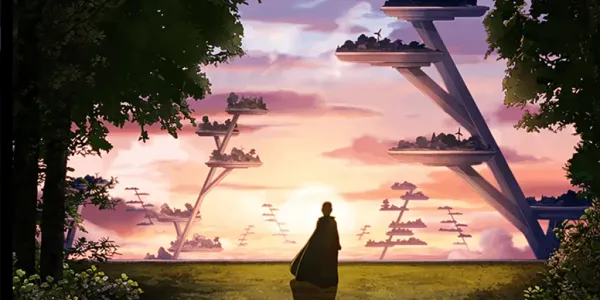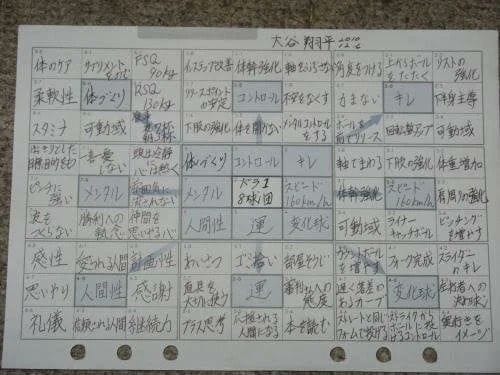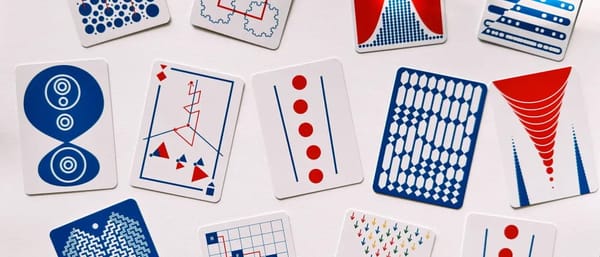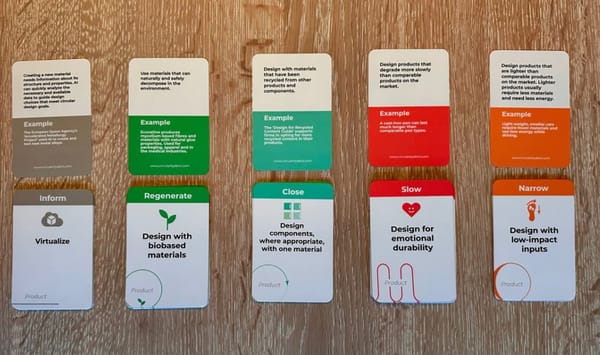№ 64 | Edge-Notched Cards, Folk Computer, Perspective Blocks, Visual Thinkery, and The Business Meerkat
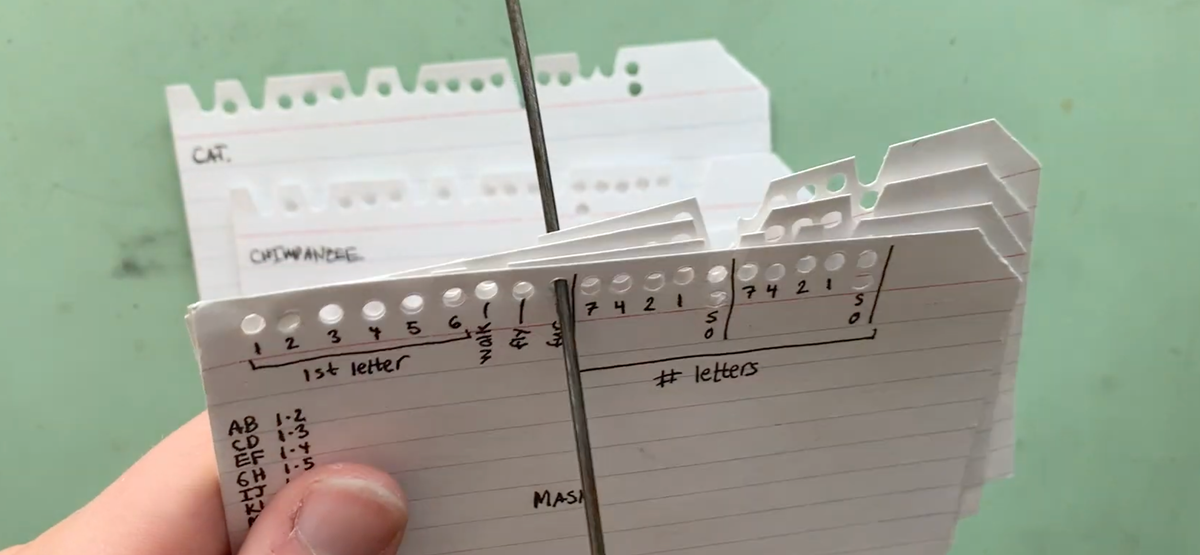
This week’s roundup of ‘playful✨ things to think with’ all have an oddly homegrown analog quality to them… After the first two ‘finds’ kind of locked into place, I decided to run with this quasi-craftsy theme!
* Force clarity on a complex topic
* Beta test a book concept
* Geek out on a super niche topic
* Make something with your hands!
* Have fun?!
After a few hiccups earlier this week, I greatly simplified the process to get started… (details in the post).
Edge-notched cards
File under: Things I can’t strop thinking about (or trying to explain to others!)
Set aside 15 minutes, and watch this video. It's an explanation of Edge-Notched Cards which were a kind of queryable database...made of paper. 🤪
Edge-notched cards were a nifty data-processing tool commonly used in the mid-20th century prior to the widespread availability of reasonably priced PCs. By notching the edges of cards with holes punched in them, you can encode arbitrary binary data which can then be filtered and sorted on using a simple metal needle. In this video, I show a demo of a simple toy system containing seven cards for various animals.
I love this for at least three reasons:
- It’s really freaking amazing. Seriously. Talk about powerful things to think with—using only index cards and a metal needle?!
- This makes me really appreciate how modern computers make it effortless to sort, filter, and search. Whew!
- Just a stray thought, but… I could see this kind of interaction being a novelty in a board (or card) game. E.g. imagine a dungeon crawler or spaceship exploration game; entering a new room asks you to “insert the pin through hole 17…” the cards that fall out are what you find in there… 🤔
Folk Computer
Is Folk Computer a kind of DIY Dynamicland? If so, I'm all in!
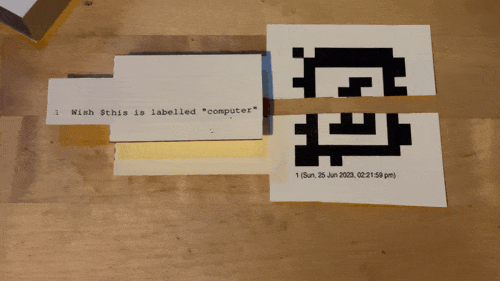
I haven't yet had the chance to see if this just has similar trappings to Dynamicland, or if this embraces the same ethos, but… this description seems spot on:
Folk Computer is a research & art project, led by Omar Rizwan and Andrés Cuervo, centered around designing new physical computing interfaces. The aims are, among others:To endow physical objects with computational properties (e.g. position, state, and actions).To allow users to script programs which target and are activated by those objects.To combine those programs into interfaces which exercise the body.To pull the computer out of screens, into human-scale rooms.To make that room a space of social gathering.
Perspective Blocks
Alastair Somerville manages to come up with these simple but brilliant little analog things to think with (example 1, example 2, example 3, example 4). This time, it’s a tool that asks / reminds us to adopt different perspectives, and avoid the “The God View trap.”

Visual Thinkery
It’s so refreshing to be reminded of the power of good, clear visual explanations. True to the name, Visual Thinkery sits somewhere between eye-catching illustrations and thinking diagrams. Case in point, this ‘rainbow spectrum of Realism to Relativism’ illustration for the Research Methods Handbook (PDF):

Do check out the entire site—there are a lot of hidden gems in there!
Business Meerkat
Fellow Cardstock-er Matt Ballantine is at the selling stage for his latest side project, The Business Meerkat, which he pitches “a tarot-inspired card deck to help you to uncover conversations in your organisation that would otherwise go unspoken.” While I was iffy about the tarot angle, I love this explanation from Nick Drage:
We have a long history of thinking through situations or possibilities with cards, Matt's “Business Meerkat” set continues that, but very much focused on business, and based on practical rather than mystical concerns.
It's especially pleasing to see that - as you'd expect from Matt - these are cards that are meant to be used as cards, to be positioned and moved and compared and laid out in a variety of spreads, rather than just a set of random inputs.
And… Meerkats!

For even more details and context, check out this podcast interview with Matt, to learn more about his new card deck.
***BONUS: As long as we've got this analog theme going, check out the Diceomatic Retro Dice Spinner. I love that this is inspired by a similar contraption from the 1920s!

And, since this next thing wraps up crowdfunding before the next issue, you get a rare second bonus find! 😉
***BONUS 2: Conservas is solo game from famed game designer Scott Ames. This time, about conservation. I like the game mechanic that forces you to juggle twin goals of fishing, but also not over-fishing, which can hurt you in future rounds! Seems like exactly the kind of game we need to play (and have shape our thinking) in a time of increasingly scarce resources.



